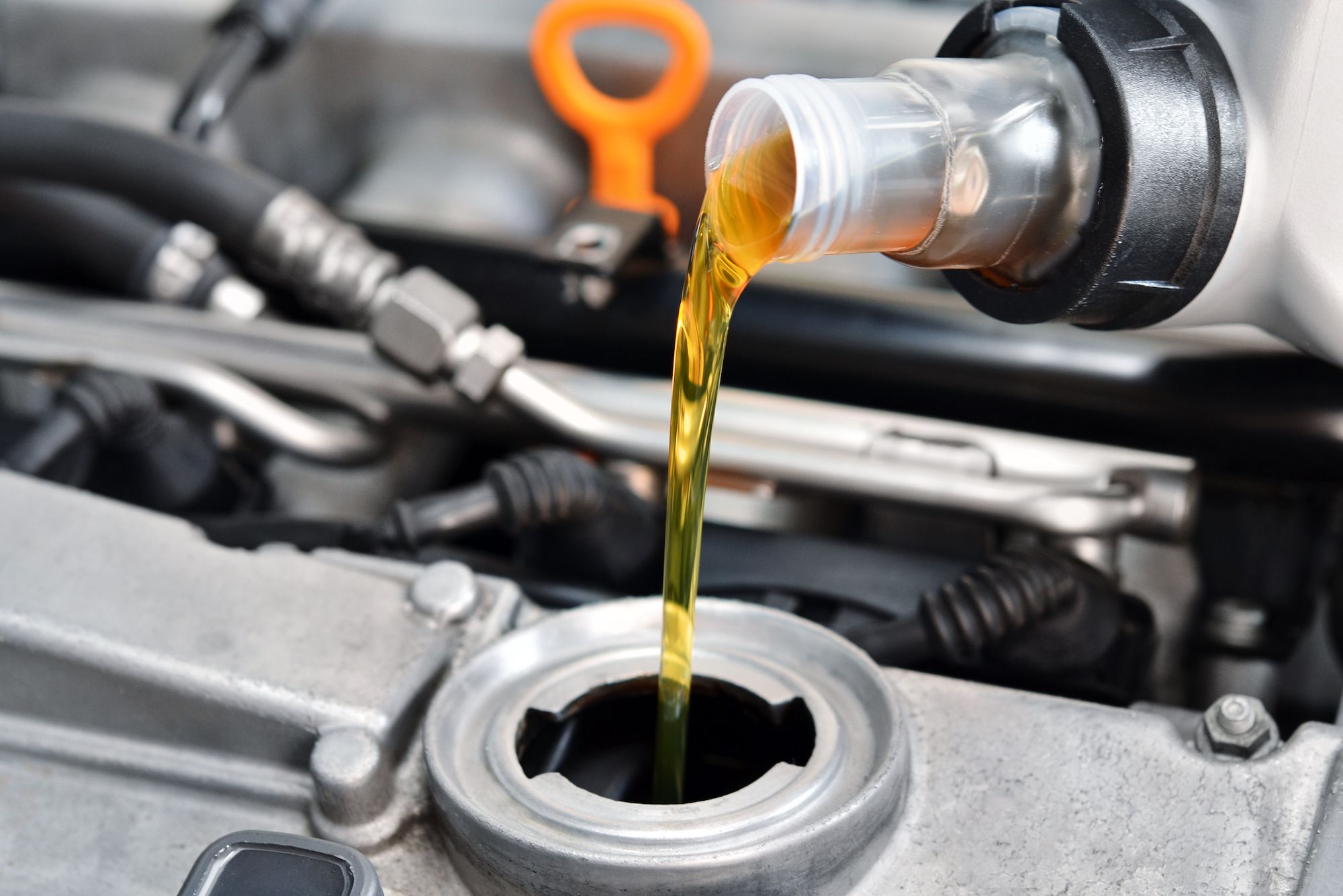All Categories
Featured

The exhaust system in your automobile plays a crucial duty in maintaining engine efficiency, minimizing emissions, and improving overall efficiency. Over time, nonetheless, the exhaust system is subjected to extreme problems, including extreme temperatures, moisture, and road particles, which can lead to rust, corrosion, or also failure.
- Routine Assessments and Maintenance. The finest way to prevent significant concerns with your exhaust system is by having it examined routinely. If you hear uncommon sounds, such as a loud grumbling sound or a hissing sound while driving, it may indicate an exhaust leak or another issue that calls for immediate attention.
- Clean Your Exhaust System. Excessive dust, debris, and road salt can accelerate rust and corrosion on your exhaust system. Pay special interest to locations around the exhaust pipes and muffler, particularly after driving in salted or damp problems.
- Stay Clear Of Short Trips. If you take short trips around town, particularly in cooler climate, it's essential to understand that your exhaust system does not obtain the opportunity to warm up completely. Throughout longer drives, the exhaust system reaches a high sufficient temperature level to shed off any dampness and condensation inside the pipes.
- Drive Responsibly. Just how you drive can have a substantial influence on the life-span of your exhaust system. Hostile driving, consisting of quick velocity, difficult stopping, and excessive rate, can trigger unneeded stress on the exhaust parts.
- Fix Exhaust Leaks Without Delay. A dripping exhaust system can trigger hazardous gases, such as carbon monoxide, to go into the cabin, which can be hazardous to passengers. Disregarding an exhaust leakage can lead to more significant damages to the entire system, including the catalytic converter, which is costly to replace.
- Change Faulty Oxygen Sensors. If these sensors come to be malfunctioning or use out, they can lead to inefficient engine procedure, boosted exhausts, and strain on the exhaust system. Changing malfunctioning sensing units promptly can prevent added wear on your exhaust system and enhance gas effectiveness.
- Safeguard Your Exhaust System from Road Hazards. Pockets, road debris, and driving over visuals can trigger damages to the exhaust system, resulting in cracks, dents, and even the total failing of specific elements. To safeguard your exhaust system, try to avoid driving over challenges that might create damage. Be mindful when driving on uneven or rough terrain, and pay focus to the roadway problems, particularly in areas with frequent construction or roadway job.

- Maintain Your Engine. If your engine is misfiring or not running successfully, it can cause excess fuel and damaging exhausts to go into the exhaust system. Normal engine maintenance, including altering the oil, replacing trigger plugs, and checking the air and fuel filters, can help keep your engine running smoothly and decrease the pressure on your exhaust system.
Final thought. Normal inspections, prompt repair work, and accountable driving behaviors are key to extending the life of your exhaust system. By complying with these straightforward suggestions and keeping your exhaust system, you can stop costly fixings, enhance engine performance, and keep your vehicle running efficiently.
Latest Posts
Check Out the Greatest Auto Repair Coupons in Montclare, Chicago
Published May 24, 25
1 min read
Discover Reduce Expenses on Car Maintenance with Montclare Auto Repair’s Exclusive Deals
Published May 24, 25
1 min read
How Regular Car Maintenance at Montclare Auto Repair Saves You Money
Published May 24, 25
1 min read
More
Latest Posts
Check Out the Greatest Auto Repair Coupons in Montclare, Chicago
Published May 24, 25
1 min read
Discover Reduce Expenses on Car Maintenance with Montclare Auto Repair’s Exclusive Deals
Published May 24, 25
1 min read
How Regular Car Maintenance at Montclare Auto Repair Saves You Money
Published May 24, 25
1 min read